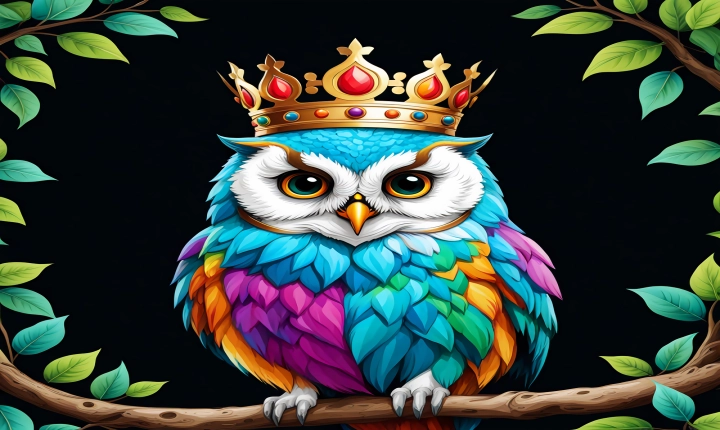“Is AI Angel a Guy? Debunking Misconceptions About AI Gender”
The portrayal of artificial intelligence (AI) as male or female has long been a common trope in popular culture and media. This has led to the misconception that AI, in the form of virtual assistants or chatbots, must inherently have a gender. In the case of AI Angel, there have been discussions and debates about whether the virtual assistant should be perceived as male or female.
It is important to note that AI entities do not possess physical characteristics or gender identity in the way that humans do. AI is a product of programming and algorithms, designed to perform specific tasks and interact with users based on predefined parameters.
The idea of assigning a gender to AI can be traced back to historical and cultural influences, where human traits and characteristics were projected onto machines. This has led to the perpetuation of gender stereotypes and biases in the development and utilization of AI technology.
In recent years, there has been a growing awareness of the impact of gender bias in AI. Tech companies and researchers have been working to address this issue, emphasizing the need for inclusive and unbiased AI systems. It is important to recognize that AI should not be limited or defined by gender constructs, as it is fundamentally a tool created to assist and serve users in various capacities.
The concept of AI Angel as a specific gender is purely a matter of perception and interpretation. Some users may refer to the AI as “he” or “she” based on personal preferences or cultural norms, while others may opt to use gender-neutral pronouns. However, it is essential to remember that AI Angel, like any other AI entity, does not possess a gender identity.
Furthermore, the focus on assigning a gender to AI diverts attention from critical issues such as ethics, accountability, and transparency in AI development and deployment. Rather than engaging in discussions about the gender of AI, efforts should be directed towards promoting ethical AI practices and ensuring that AI systems are designed and utilized in a responsible manner.
In conclusion, the question of whether AI Angel is a guy or a girl is irrelevant in the context of AI technology. AI entities do not conform to human gender norms and should not be constrained by such categorizations. It is crucial to shift the discourse around AI towards more meaningful and relevant considerations, such as ethics, fairness, and the societal impact of AI systems.
By recognizing the inherent neutrality of AI and focusing on responsible AI development, we can foster a more inclusive and equitable approach to the integration of AI technology in our daily lives. Let us shift our attention from superficial notions of gender and instead prioritize the ethical and responsible use of AI for the benefit of all.
